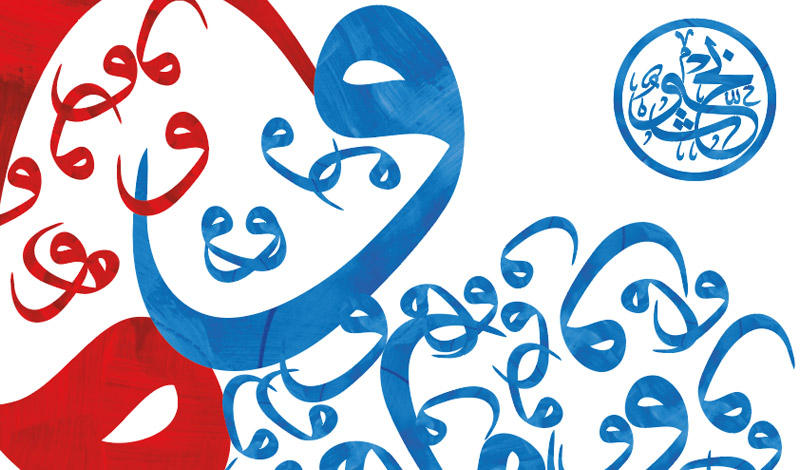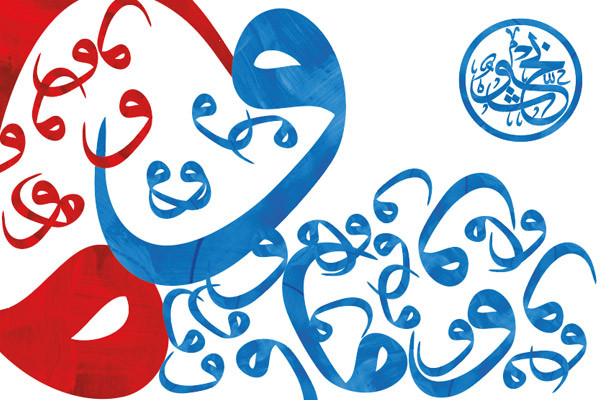Looking at the prospects of post-conflict Yemen
b’huth published its findings from a workshop focusing on the prospects of development for a post conflict Yemen.

- by Dr. Haifa AlMaashi ,
- Sunday, 24th April, 2016
The report titled ‘Yemen Reimagined’ highlights the out of the box discussions of 28 experts from Yemen and the Gulf on the long term development potential of Yemen and included 12 recommendations for policy makers to consider as Yemenis look at their way forward.
Dr. Haifa Al-Maashi, Director of the Geostrategic affairs division at b’huth, states that the workshop provided insights into the main challenges that face post-conflict Yemen and that the report findings focused on the areas that could strengthen development as a vehicle for stability.
The report provides insight into potential development frameworks for Yemen along the three identified factors: economic, political and social development.
In terms of political development, the report highlights the importance of benchmarking successful examples of incorporating federalism into government systems in the region, such as the UAE, and consider its implementation in the constitution. The report also refers to several factors that experts need to take into consideration in developing the scenarios for political development in Yemen, such as for example the political elite.
In terms of economic development, the report proposes the concept of ‘participatory economy’ as a key framework for the long-term economic development of Yemen. The findings of the workshop clarified the future of the relationship between government, private sector and society and monitoring the strategic competitive advantages of Yemen. An example of this new distribution of responsibility and relationship is put forth by the recommendation of an integrated electricity grid that would provide the backbone for a mechanism that would allow the private sectors as well as entrepreneurs to benefit from the ability to trade renewable energy production. The report also calls attention to the proposal of an Economic Council in that brings together policy makers, Yemeni business community and community leaders together in economic policy-making process.
On the social development front, the report looks at the prospects of creating a a new social contract and the role national identity plays in providing social cohesion and stability after the war and in a federal system. The report also looks at social values, as they have been distorted and deviated during these conflicts due to the failure of developmental efforts, while also reviewing the role education, media and civil society can play in supporting community development in their different ranges.
The report is the stepping stone for the series being developed by the Yemen program at b’huth. The program continues to monitor the situation in Yemen to provide insight and development understanding to better capitalize on opportunities for sustained peace and development.

Dr. Haifa AlMaashi
Director of the Geo-strategic Studies Division (former)
Read More
Areas of Expertise
- Policy analysis
- Media writing
- Qualitative research
- lecturing
Education
- PHD in Mass Communication, University of Cairo, Faculty of Mass Communication, Egypt. 2004
- Master’s in journalism, University of Colorado Faculty of Journalism, Boulder, USA.1990
- Bachelor of Political Science, University of Kuwait Faculty of Economic and Political Science, Kuwait. 1989
Bio
Haifa Ahmad Al Maashi works as the director of geo-strategic studies division at Dubai Consultancy Research and media Center. She obtains a PhD in journalism from the University of Cairo- Faculty of media (2004) First class honors, has a master`s degree in journalism from the University of Colorado - Boulder in the United States (1990) and a BA in Political Science from the University of Kuwait 1989. She is specializing in the field of political media and has worked as an assistant professor at the University of Aden 1991-2010,( Journalism and Media department). Has several published lectures in the field of media and political development, the role of media in social change, communication theories and the new media (2004). Also has articles published in several newspapers and websites. Her main concern focuses on the detection and analysis of political crises around the world and examine its implications on the reality of the region politically and economically.

